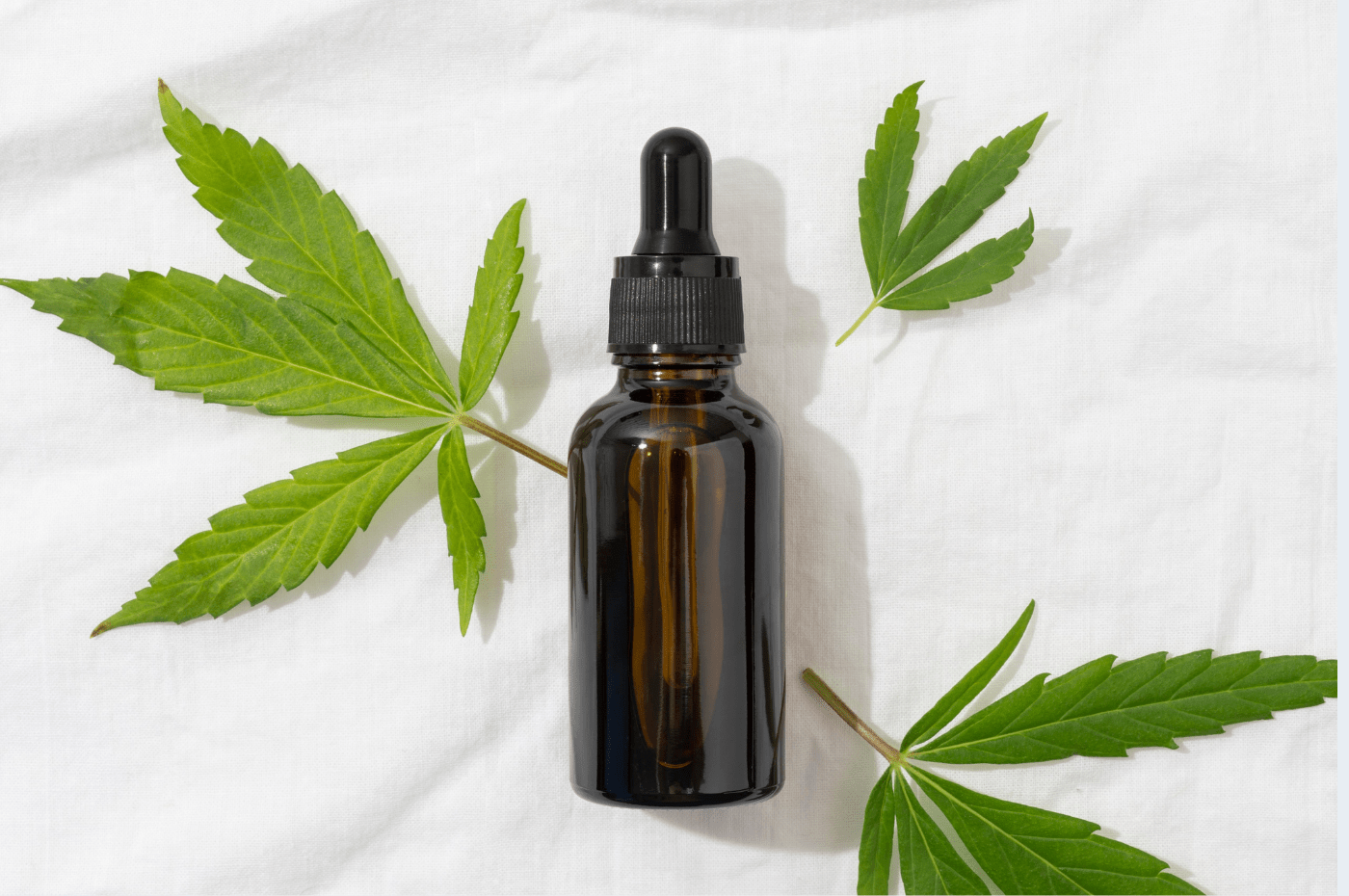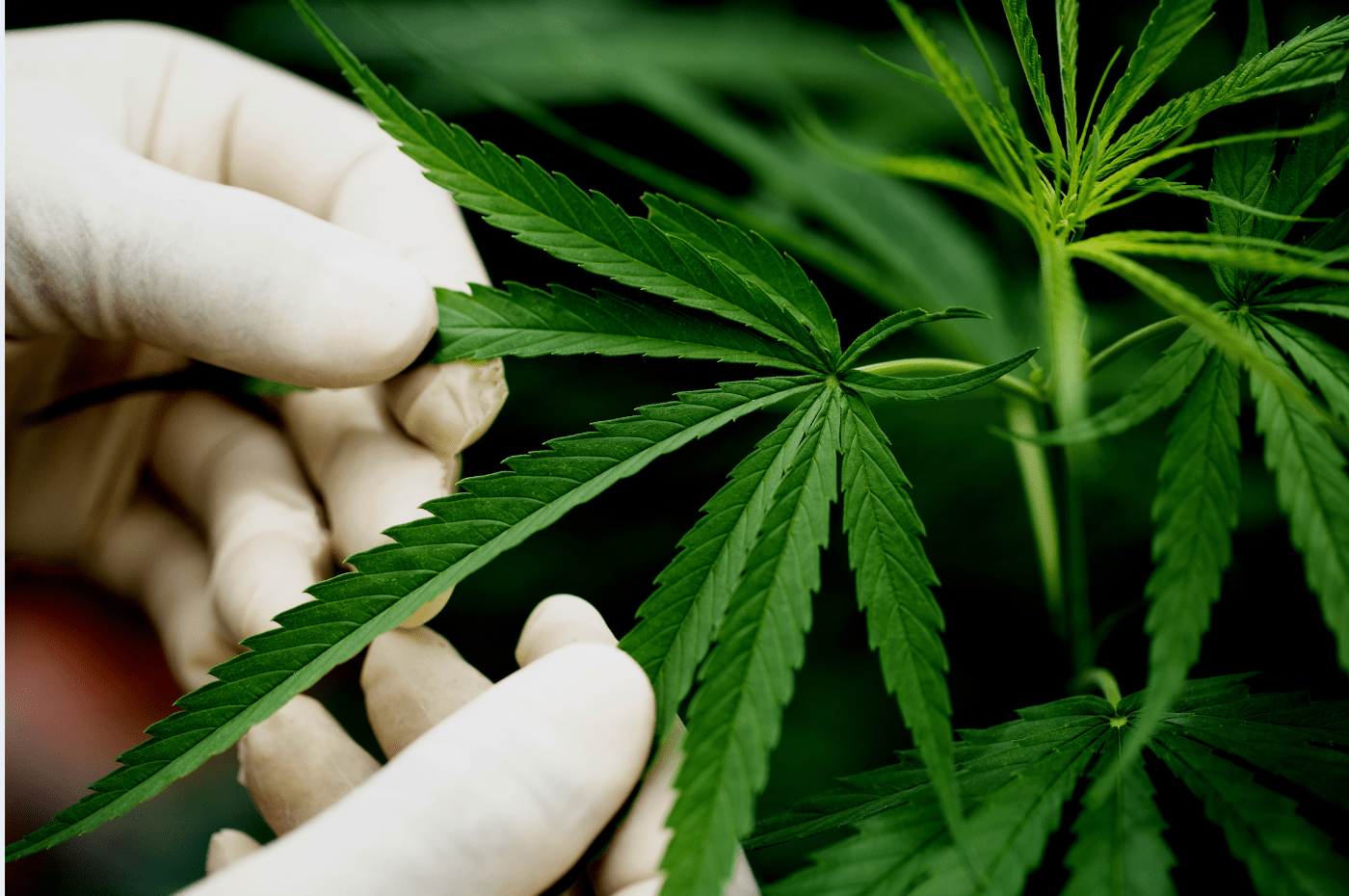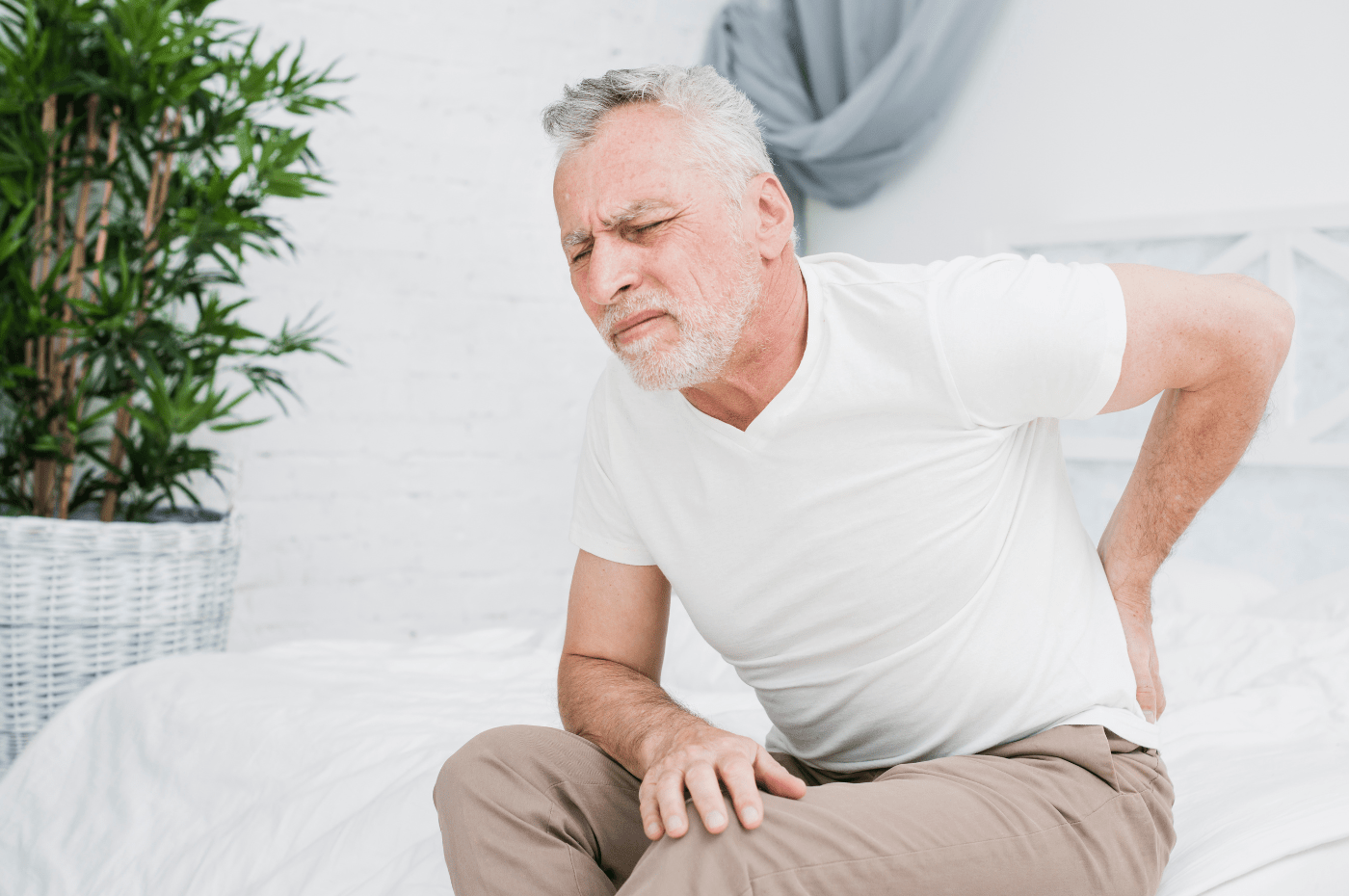CBD oil offers many benefits, but with its flexibility come questions. A common inquiry from new users is: When is the best time of day to take CBD oil? Should you take it in the morning, or is it better at night? Let us understand how timing and usage can affect your CBD experience.
Will CBD Make You Drowsy in the Morning?
A frequent question is whether taking CBD in the morning will make you feel sleepy. The short answer is no, CBD won’t cause drowsiness unless it’s specifically formulated for that purpose. You can take CBD in the morning without worrying about feeling tired throughout the day.
CBD comes in various forms, oils, capsules, and more, each with its own formulation. Some may include additional ingredients, like melatonin, designed to promote sleep, while others aim to boost energy and focus. This means certain CBD products fit seamlessly into your daily routine, while others are better suited for nighttime.
Why Do People Use CBD?
CBD is a natural extract from the hemp or cannabis plant that does not cause a high. Many people choose CBD as an alternative to prescription medications for several reasons. Here are some of the most common uses:
- Chronic pain
- Sleep issues
- Stress and anxiety
- Inflammation
- Localized pain
CBD interacts with the body’s endocannabinoid system, which helps regulate important functions like mood, memory, and pain. By interacting with this system, CBD promotes a healthy state of balance in both the mind and body.
Taking CBD in the Morning
Some people take CBD in the morning to feel more awake or calm. There’s evidence suggesting CBD can help increase alertness and promote wakefulness. A 2015 review suggested that CBD might act as a wake-inducing agent, helping people feel more alert during the day. This could make it a great option for morning use, especially if you have trouble waking up or staying focused throughout the day.
However, there’s also evidence suggesting CBD can have a calming effect. In some studies, CBD was found to help reduce anxiety and stress, which can make you feel more relaxed without feeling drowsy. This dual effect means CBD can be useful for easing morning anxiety and setting a positive, calm tone for the day.
Symptoms of morning anxiety include:
- Excessive worrying
- Inability to control nervousness
- Restlessness or irritability
- Trouble concentrating
- Muscle aches, headaches, or stomach discomfort
In a 2015 review, researchers found that CBD was effective in treating many anxiety disorders, including:
- Post-traumatic stress disorder (PTSD)
- Generalized anxiety disorder (GAD)
- Panic disorder
- Obsessive-compulsive disorder (OCD)
- Social anxiety disorder
Taking CBD During the Day
also use CBD during the day for various health reasons. One common reason is for managing seizures.
CBD is also gaining popularity as a treatment for migraine headaches. Migraines can happen at any time and disrupt your daily activities. A 2017 review looked at the potential for using cannabis to treat headaches, including migraines. While the research on CBD’s effectiveness for migraines is still limited, some studies suggest that CBD may help reduce the frequency and severity of these headaches.
Taking CBD at Night
Many people prefer to take CBD at night to improve their sleep quality. There is evidence that CBD can help extend the duration of sleep and reduce cortisol levels, a hormone that contributes to stress and frequent nighttime awakenings. A 2019 review found that doses of CBD between 300-600 mg were effective in reducing cortisol levels and promoting sleep.
In some studies, CBD has been shown to help those who have trouble falling or staying asleep. It can be especially useful for individuals who experience insomnia or disrupted sleep due to stress or anxiety. Some formulations of CBD, such as those that contain melatonin, are specifically designed for nighttime use to encourage restful sleep.
Essential CBD Tips to Consider
If you’re planning to incorporate CBD into your daily routine, here are a few tips to help you get the most out of it:
1. Consistency is Key
Like exercise or a healthy diet, CBD works best when you use it consistently. Taking CBD daily for at least 21–28 days allows it to build up in your body and produce long-term effects. Sticking to a regular schedule will help you notice whether it’s working for you.
2. Establish a Routine
One of the easiest ways to ensure you’re getting the most out of your CBD is to set a regular time to take it each day. This can help you track how it’s affecting you and whether it’s helping with your specific goals—whether that’s reducing stress, improving sleep, or managing pain. By sticking to a routine, you’ll also get a clearer sense of how your body responds over time.
3. Set Your Goals and Monitor Your Progress
Everyone has different reasons for using CBD. You might be looking for calm in the morning or better sleep at night. Whatever your reason, it’s important to monitor your progress. Track how you feel after taking CBD to see if it’s helping you reach your goals. For example, are you sleeping better or feeling less anxious? By tracking your results, you can make informed adjustments to your CBD routine.
4. Start Low and Go Slow
The right dosage of CBD is different for everyone. It’s important to start with a low dose and gradually increase it as needed. If you don’t notice any effects after a week, consider increasing your dose slowly until you find what works for you. This approach will help you avoid taking more than necessary while finding the right balance for your body.
There isn’t a hard rule about the best time of day to take CBD. Some people find it more effective in the morning to reduce anxiety or increase alertness, while others prefer it at night to promote better sleep. Ultimately, the best time to take CBD depends on your individual needs and how it fits into your daily routine. Whether you use it in the morning, during the day, or at night, consistency and self-monitoring are key to getting the most out of CBD oil.





Leave a comment
This site is protected by hCaptcha and the hCaptcha Privacy Policy and Terms of Service apply.